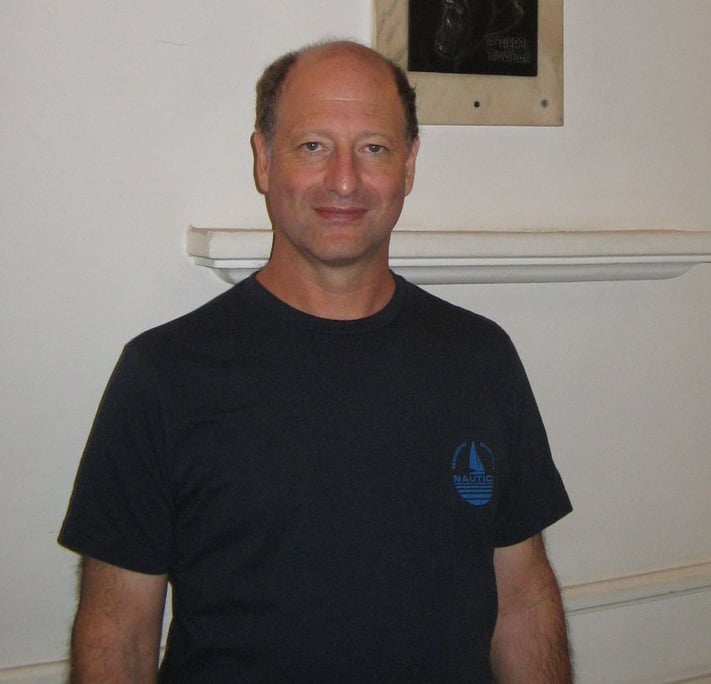 |
| [best price*] |
The issue of ideal pricing is of great interest to all business people,
including freelance translators. For the latter, many seek the market price as
it were the holy grail (and bewail those that "break" it. In one sense, it is similar to that holy object: it
does not exist (no offense to those of religious faith). While in economic
theory, supply and demand intersect over time to determine the proper price,
the conditions for that convergence do not exist in the freelance translation
business due to the lack of information by both the purchaser and provider.
This darkness leaves the players to follow Candide’s advice: il faut cultiver
son jardin [you must cultivate your own garden].
In order to understand the mechanics of the freelance marketplace, I
will first describe two markets where supply and demand do affect pricing
directly. The first is a retail purchase of a standard physical product. A
consumer wishing to purchase a Black and Decker 4-volt electric screwdriver at
an attractive price can check the advertised price in local stores and compares
them to prices available from online outlets, taking into account
transportation and shipping costs, as applicable. Within a short period of
time, the careful consumer has a clear picture of how much the item should
cost. On the other side of the fence, the retailers also have full access to
the price of their competitors, both physical and online, and are fully aware
of their inventory and when it was purchased. If a given store finds itself
with excess inventory that is not moving, it generally can announce a sale and
clear it out for more profitable items. This action in practice changes the
price situation and affects consumer behavior. Thus, both sellers and buyers
can identify an ideal price or at least such a range.
The interaction involved in providing a service, such as a lube and oil
shop, can also create a market price. Car owners can easily check listed price
for this car maintenance service. Taking into account physical distance and perceived quality
of service, they can identify the best deal and have their car serviced. A
garage owner, seeing a drop in the number of service calls and significant
downtime by its employees, can choose to lower its price for such a service and
thus increase its volume, or alternatively raise the price if the volume or price
comparison indicates that its rate is too low. Again, each side of the
transaction exerts constant pressure on the price level.
Freelance purchasers do not enjoy such transparency or knowledge. A
translation agency may have created a list of freelance translators and their
rates but elements of this year may be and quite often are quite outdated. They
are certainly not shared with other translation agencies. In practice, only
when an agency is required to recruit additional service providers does it
discover that rates have decreased or increased. Furthermore, only experience
can determine whether the translation quality is sufficient for their purposes.
End customers such as consumers or non-translation companies generally have no
or very little knowledge of translation rates and must base their decision on a
very small sample, possibly 3 quotes, or a discussion with a few colleagues on
their experience. It is essentially impossible to do a market survey as most agencies
do not nor cannot post the actual cost on their sites, but only ranges, while
the fast majority of translators either choose not to or may not post rates.
Since the translation business is Internet based and thus unaffected by
physical geography, a local survey is irrelevant to the issue. Thus, purchasers
of translation are obliged to make a poorly educated guess of rates.
On the other side of the coin, freelance translators are completely in
the dark. They simply do not know what purchasers are paying or competitors are
charging. The only proof of successful pricing is the confirmation of an order
but that notice does not indicate whether their bid was very high or very low
nor how much other bidders offered, if relevant. In many countries, including Israel, it is illegal for service providers to discuss prices as such an act is
considered “price fixing”. Even if
legal, most freelancer are loath to openly discuss their rates out of fear that
theirs are way out of line or of losing business to a colleague. Since
translators live throughout the world, standards of living vary extremely, often
rendering any such comparison irrelevant. In practice, freelance translators
work in the dark not only in terms of typing away in isolation in their homes
but also in terms of almost no awareness of market price, previous and current.
In such conditions, it is impossible for them to influence the market price as
they are unaware of both supply and demand.
As we do not live in ideal world, as Voltaire reminded us in Candide,
freelancers essentially decide the best policy for themselves given their place
of residence, choice of life style and financial situation. They choose rates
based on the income they expect and need to earn, not what is actually
possible. Thus, Chinese and Indian translators can earn sufficient income from
0.04 USD a word while European and North American ones find that impractical.
Purchasers of translation do not generally survey rates, meaning that the
quality of the service is the most important factor over the long term as long
as the rate is in line with their budget. Of course, agency conglomeration and
machine translation affect the industry but these are long- term dynamics with
a very long tail. Freelance translators define their own market.
This chaotic pricing situation is not negative in itself. It provides
freelancers with freedom of choice and the ability to create niches to survive,
even thrive. However, any talk of “market price” for a translation product has
no or very little meaning. As my father would say, the value of an item is what
a person is willing to pay for it. The best option for translators to find
customers that are willing to pay more for it.
* Captions are a vital tool for the blind in accessing the Internet.
Picture credit: Image by <a href="https://pixabay.com/users/geralt-9301/?utm_source=link-attribution&utm_medium=referral&utm_campaign=image&utm_content=374404">Gerd Altmann</a> from <a href="https://pixabay.com/?utm_source=link-attribution&utm_medium=referral&utm_campaign=image&utm_content=374404">Pixabay</a>









